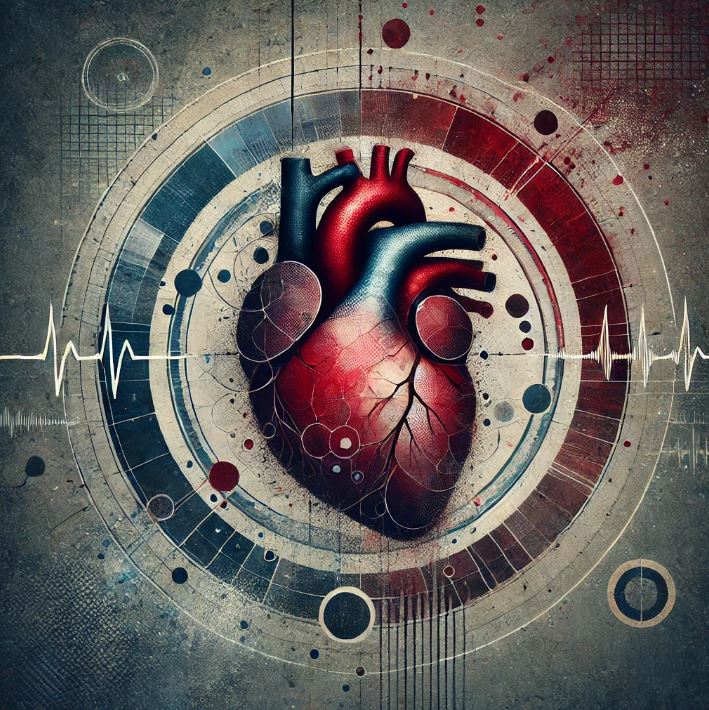The Psychological Impact of Prostate Cancer Treatment
Prostate cancer (PCa) is a leading cancer diagnosis in men globally. Common treatments for localised prostate cancer include radical prostatectomy (RP), a surgical procedure to remove the prostate gland, and radiotherapy (RTx), which uses radiation to target cancer cells. While these treatments are effective, they can lead to significant side effects, impacting a patient’s quality of life and increasing the risk of mental health issues, particularly depression.
Understanding the Link Between Prostate Cancer Treatments and Depression
Patients with cancer, including prostate cancer, face a heightened risk of depression. The emotional burden of a cancer diagnosis, coupled with physical side effects such as urinary incontinence and erectile dysfunction, can lead to significant mental health challenges. This article explores whether the type of prostate cancer treatment—surgery or radiotherapy—affects the likelihood of developing depression.
What is the Overall Risk of Depression After Prostate Cancer Treatment?
- A study involving over 9,000 prostate cancer patients found that 503 (5.3%) were newly diagnosed with depression during an average follow-up period of 7.1 years.
- The incidence of depression was slightly higher in the RTx group (5.55%) compared to the surgery group (5.28%), but this difference was not statistically significant in matched cohort analyses.
How Do Age and Pre-existing Health Conditions Influence Depression Risk?
- Older Age (70+ years): The study revealed that older patients are at a significantly higher risk of developing depression, regardless of the treatment type.
- Pre-existing Health Conditions: Patients with a higher Charlson Comorbidity Index (CCI), indicating the presence of multiple or severe health conditions (like hypertension or diabetes), were more likely to develop depression.
Does the Type of Surgery Matter in Depression Risk?
- Patients who underwent robotic prostatectomy—a minimally invasive surgical method—had a lower risk of depression compared to those who received RTx or open radical prostatectomy. This suggests that reducing physical side effects, especially those related to urinary and sexual function, may lessen the psychological impact.
The Psychological Impact of Prostate Cancer Treatment Side Effects
The complications associated with prostate cancer treatments, such as urinary incontinence and sexual dysfunction, are key contributors to decreased quality of life. These issues can lead to feelings of frustration and loss, which may trigger or exacerbate depression. Survivors of prostate cancer often face higher rates of depression and anxiety compared to men with other types of cancer.
Why Mental Health Support is Essential for Prostate Cancer Patients
Given that both surgery and radiotherapy carry similar risks of depression, mental health support is crucial in prostate cancer care, particularly for older patients and those with multiple health issues.
- Early Mental Health Screening: Regular screening for depression should be part of the follow-up care for prostate cancer patients.
- Targeted Mental Health Interventions: Providing psychological support and counselling can help manage treatment-related side effects and reduce the risk of depression.
- Patient Education: Educating patients about potential mental health challenges associated with prostate cancer treatment can help them prepare for and cope with the psychological aspects of their journey.
While the choice between surgery and radiotherapy for localised prostate cancer may not significantly alter the overall risk of depression, the type of surgery can make a difference. Robotic prostatectomy may offer better outcomes in terms of mental health due to fewer side effects related to urinary and sexual function. However, patient age and pre-existing health conditions remain the most critical factors influencing depression risk. This highlights the importance of comprehensive care that addresses both physical and mental health needs in prostate cancer patients.


